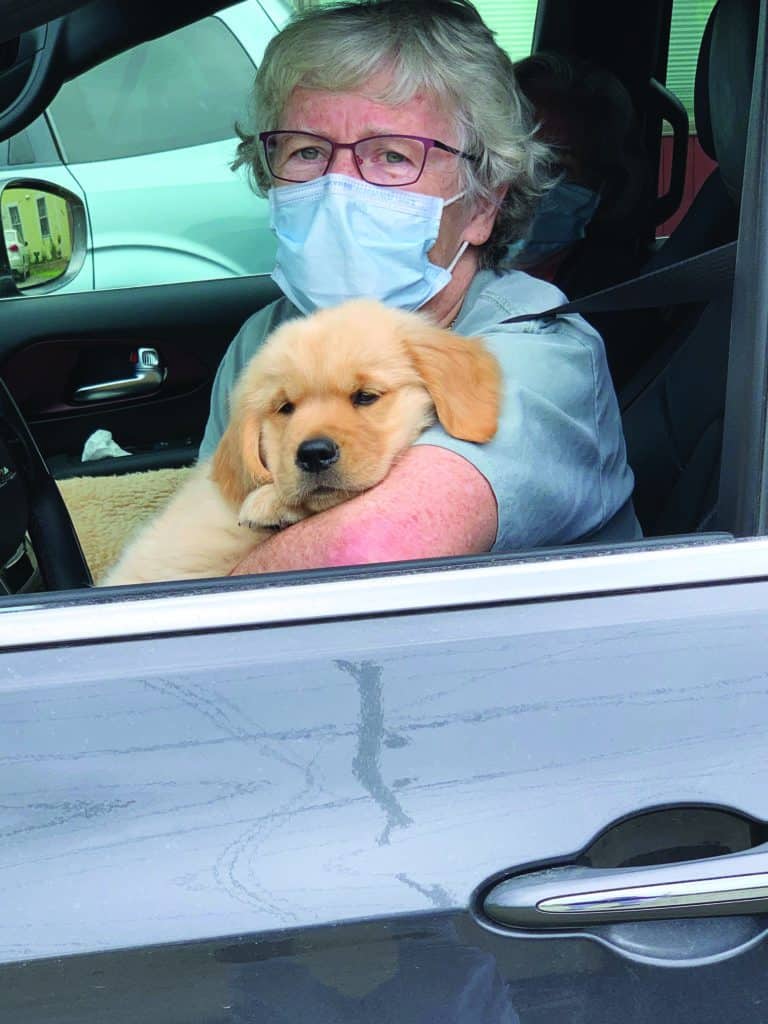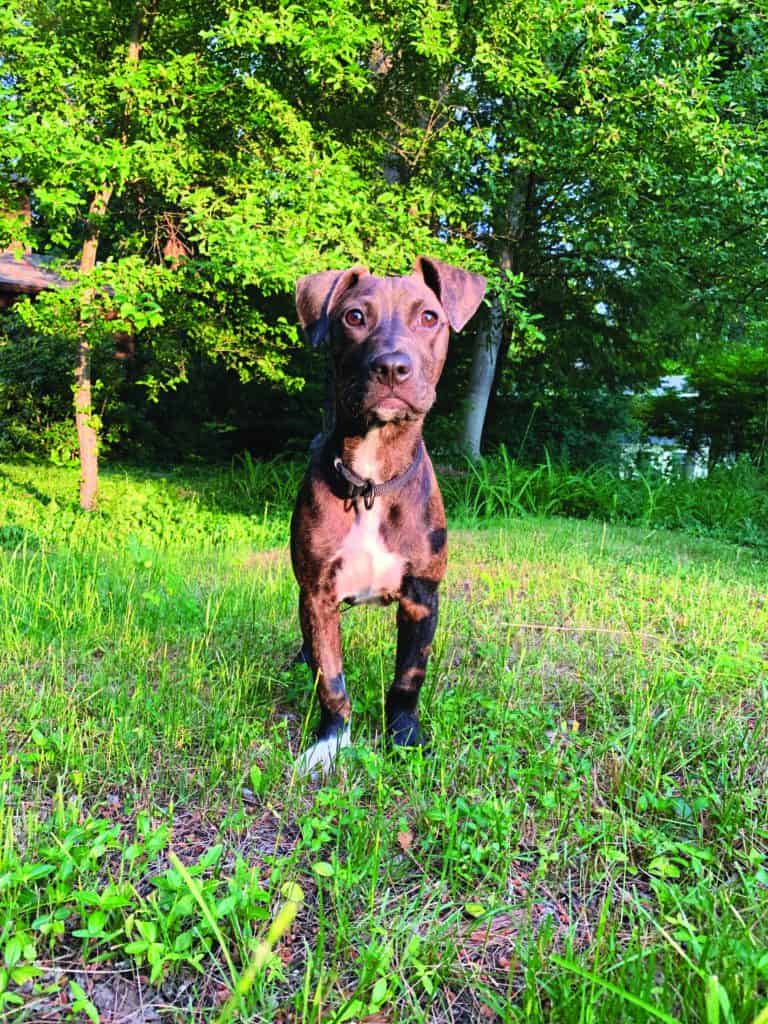
By Virginia Dean
Covid-19 has laid bare significant and unexpected economic, social, and political disruption. It has caused widespread increases in morbidity and mortality, for example, in addition to individual behavioral changes including fear-induced aversion to workplaces and other public gathering spots. Mask wearing, social distancing and stay-at-home orders have become the norm as world residents have tried to mitigate the spread of the virus.
Yet, the global disease has also resulted in unforeseen positive outcomes such as the decrease of pollution and greenhouse gas emissions across continents leading to clearer water and cleaner air, the uniting of nations to solve problems that the virus has brought, the opportunity to improve healthcare shortcomings, an increase in outdoor activities and the steady emergence of wildlife, the importance of staying healthy, and the seeking out of companionship – whether human or not.
Enter pandemic puppies – a cute, popular term for the phenomenon of an increased demand for puppies and other pets.
“Pandemic puppies, Covid puppies – you name it,” said Dr. Blakeley Murrell of the Kedron Valley Vet in Woodstock. “We’ve been seeing them!”
Murrell guesses that people originally thought they were going to be home for a few months and so had the time to jump into the demanding, time-consuming job of raising a pup. Or, if living alone, having a new pet keeps one busy, entertained and with a devoted companion.
“I would think also that more and more people are starting to realize that they will be working from home more often than before, so they now have more time for a new pet,” said Murrell.
She can’t give a number but, off the top of her head, Murrell said that many more people have adopted new dogs/pups, cats/kittens over the last several months than ever before.
“Depending on how the pandemic unfolds, this surge could continue,” said Murrell.
Nikki Grimes, executive director of the Upper Valley Humane Society, indicated that its adoption team “is having great conversations
with many people who wish to adopt our pets during the pandemic.”
“We’ve also had many families willing to provide temporary foster care for an animal during this time,” she noted.

Wendy Nelson, practice manager/vet technician at the Hanover Vet Clinic, related that a puppy or dog is the perfect solution for those who need extra emotional support at home when isolated from friends and family.
“During this time of everyone staying at home, they are feeling that this is when they have extra time to devote to a new pet and can spend time getting them settled into a new family,” said Nelson. “People are finding that they are able to structure their work at home now. I feel that they don’t want the dogs to be stuck in cages and at rescues with no companionship or love when they have so much to give.”
Nelson noted that there has been a clear upswing of new puppies/dogs in the Hanover area during the pandemic – about 10 more than usual per month.
Jackie Stanley, executive director of the Lucy Mackenzie Humane Society, agreed.
“Our adoptions of adult dogs and cats has been great since March,” said Stanley. “Trends show that people are adopting puppies during this time mainly because they’re working from home and have the time to dedicate toward training a new pup. I’m sure parents also want to offer their children something positive and much wanted during these difficult and weird times. Puppies are adorable, comforting and so much more.”
Beth Saradarian, executive director of the Rutland County Humane Society, said that although the shelter has not seen an overabundance of puppies/dogs being adopted, there have been many people offering to foster so that the animals would not be in the shelter while the adoption center was closed.
“Since most shelters were closed for adoptions, I would imagine that many were eventually adopted from their foster homes,” she said.
A problem, of course, about which the directors and vets are worried is what happens to the adoptees when the pandemic is over?
“I hope that the Upper Valley Humane Society and other animal shelters are remembered as essential services that stood ready to serve our communities,” said Grimes. “I hope people will continue to adopt at a high rate. And, having been inspired by our commitment to serving the community during the pandemic, I hope they will choose their local animal shelter when looking to add an animal to their family.”
Murrell fears that when people begin returning to work, the puppies will have a hard time adjusting to being home alone and, as a result, suffer from separation anxiety.
“If that happens,” said Murrell, “I worry that people will not have the patience to deal with the problems associated with separation anxiety (destruction of furniture, clothing, doors, walls) and could end up relinquishing their pets to humane societies.”
Stanley also expressed her concern that the animals would suffer from the disorder and be returned to shelters.
“This is very much a wait and see situation,” said Stanley. “Time will tell, and shelters will respond and be there as they have always been.”




